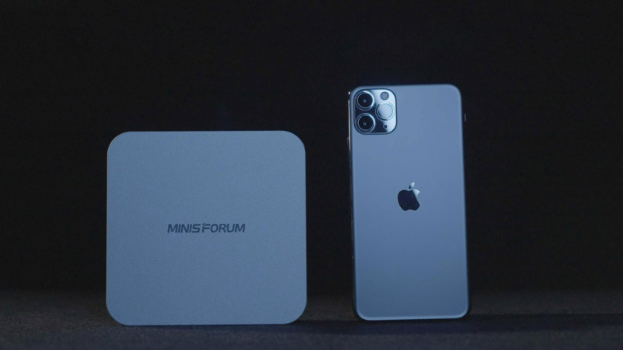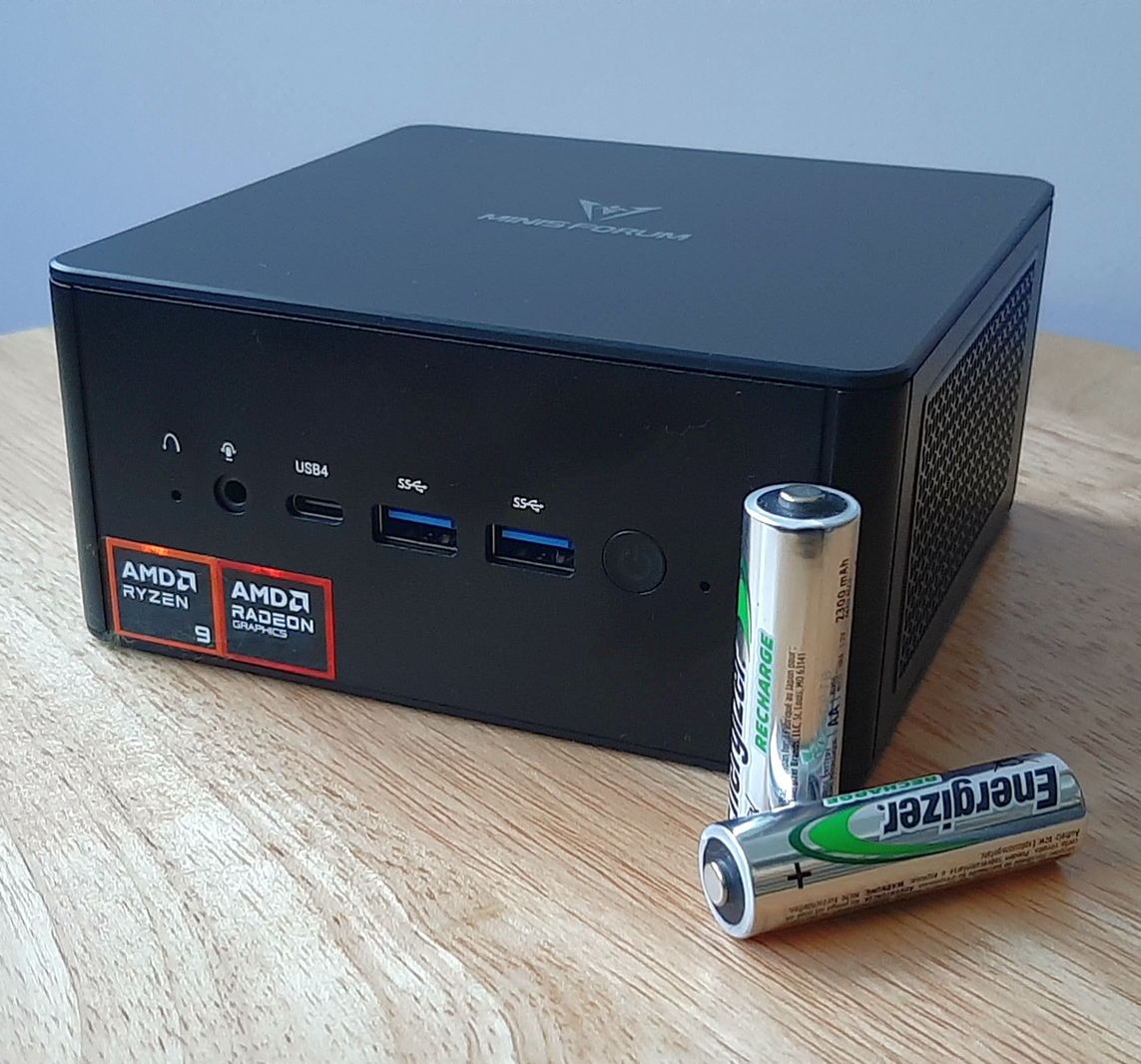It's been a long journey since the first computer, ENIAC, made its debut in 1946. Weighing in at 27 tons and measuring 8 x 3 x 100 feet, it occupied a staggering 300 square feet and consumed a whopping 150 kW of electricity. Fast forward to 2008, when Steve Jobs unveiled the sleek MacBook Air—a revolutionary moment that transformed our perceptions of portability and performance.
Fast forward another decade, and we found ourselves overwhelmed by the array of laptops and traditional PCs. Enter the Mini PC: a compact, budget-friendly alternative that blends the best features of desktops and laptops—space-saving, power-efficient, and performance-oriented.
Why Choose a Mini PC?
Before diving into Mini PCs, let’s briefly compare them to laptops and tower PCs. Laptops prioritize portability, often sacrificing performance and visual experience in the process. Tower PCs, the descendants of ENIAC, have shrunk over the years, but their innovation has stagnated; yearly updates typically only involve new processors and graphics.
Benefits of Mini PCs:
- Compact Size Mini PCs are designed to be unobtrusive and easily fit into any workspace. Whether on your desk, mounted behind a monitor, or tucked in a backpack, their portability makes them ideal for students and professionals alike.
- Versatility Despite their small stature, Mini PCs handle everything from basic office tasks to more demanding multimedia editing and light gaming, making them suitable for a wide range of users.
- Quiet Operation Many models utilize passive cooling systems, eliminating noisy fans. This feature makes them perfect for quiet environments like libraries and offices.
- Energy Efficiency Mini PCs consume significantly less power than traditional desktops, leading to lower electricity bills and a smaller carbon footprint. They're not only cost-effective but also eco-friendly.
- Cost-effectiveness Typically more affordable than full-sized desktops, Mini PCs provide powerful computing capabilities at a budget-friendly price.
Versatile Applications of Mini PCs
Mini PCs find applications in various domains, including:
- Home Entertainment: Use a Mini PC as a media center to stream movies, play games, or manage your music library. Many support 4K video output for a premium viewing experience.
- Digital Signage Solutions: In business settings, Mini PCs power dynamic digital signage, captivating audiences with engaging content.
- Remote Work Efficiency: Their compact design makes Mini PCs excellent companions for remote work, providing the same capabilities as traditional desktops with added mobility.
- IoT Integration: Mini PCs facilitate data collection and analysis, enhancing connectivity in IoT networks.
Telemedicine Support: In healthcare, they enable remote diagnosis and monitoring, ensuring privacy and security.
What to Consider When Choosing a Mini PC
-
Processor Mini PCs offer a range of processors. For everyday tasks, a dual-core or quad-core CPU (like Intel’s i3/i5 or AMD’s Ryzen 3/5) is often sufficient. For gaming or media creation, consider a higher-end quad-core CPU (Intel’s i7/i9 or AMD’s Ryzen 7/9).

-
Graphics Card

- Integrated: Suitable for casual tasks, integrated graphics (like Intel Iris Xe) are found in many Mini PCs.
Discrete: For gaming and intensive tasks, look for models with discrete GPUs (NVIDIA’s MX series or GTX/RTX).
Memory 8GB of RAM is typically adequate for most users. For heavier applications like video editing or gaming, aim for 16GB or more.

Storage Solid-state drives (SSDs) offer speed and reliability. A 256GB SSD is often enough for basic use, but opt for 512GB or larger for more demanding applications. Brands like Foresee, Kingston, and Seagate are reliable options.

Connectivity Ensure your Mini PC has ample ports (USB Type-A and Type-C, HDMI, DisplayPort, Ethernet) and wireless options (Wi-Fi and Bluetooth) for peripheral connectivity.

Conclusion Choosing the right Mini PC involves evaluating CPU performance, heat management, scalability, connectivity, and aesthetics. By assessing your specific requirements alongside the recommendations in this guide, you can confidently select the ideal compact computing solution. Whether your priority is performance, portability, or style, there’s a Mini PC waiting for you.





Leave a comment
All comments are moderated before being published.
This site is protected by hCaptcha and the hCaptcha Privacy Policy and Terms of Service apply.